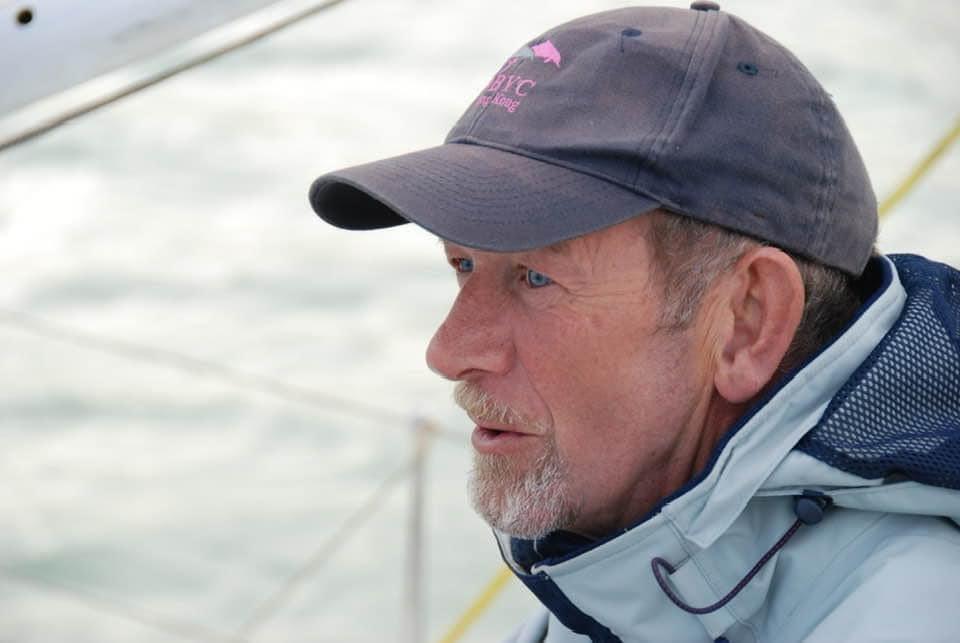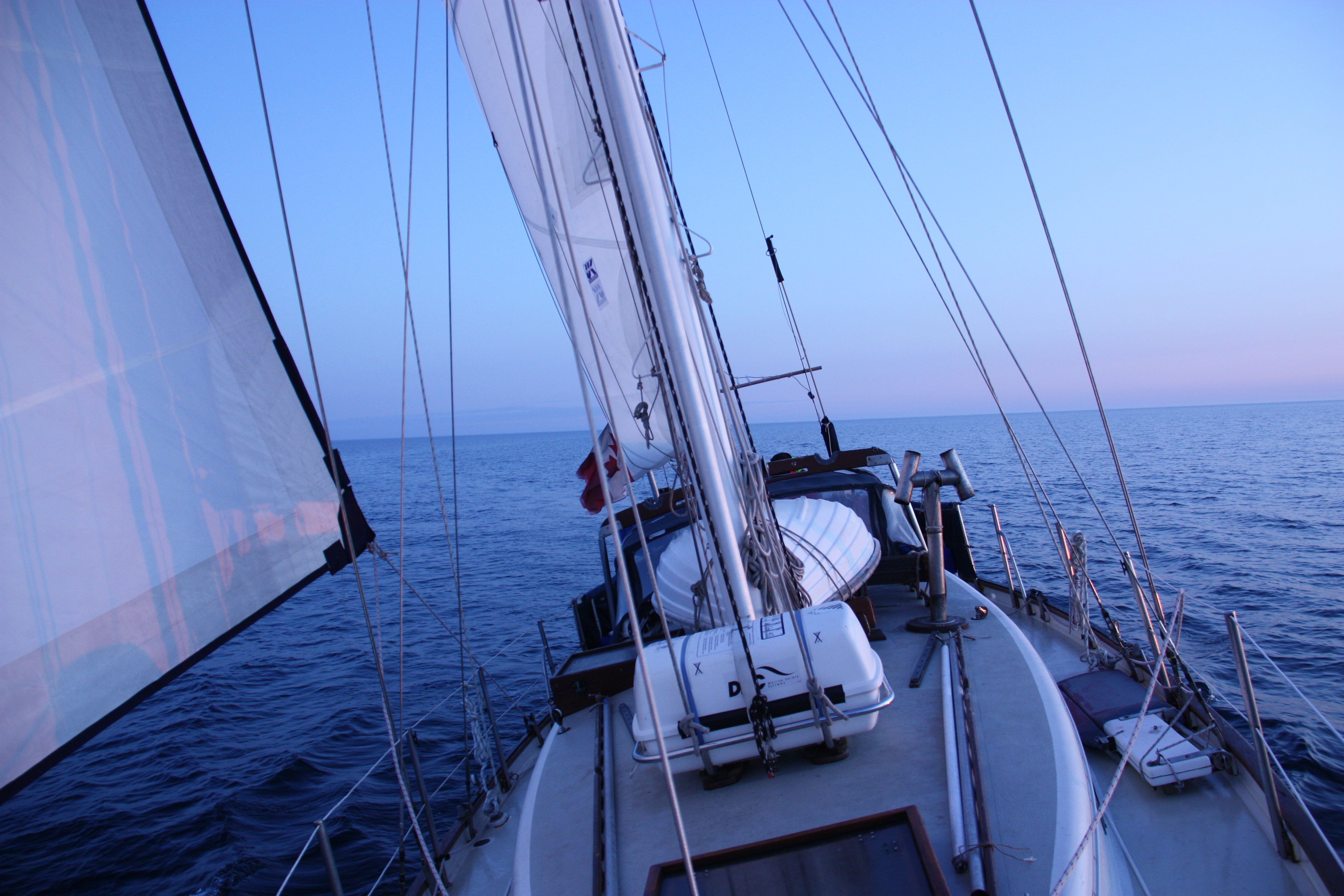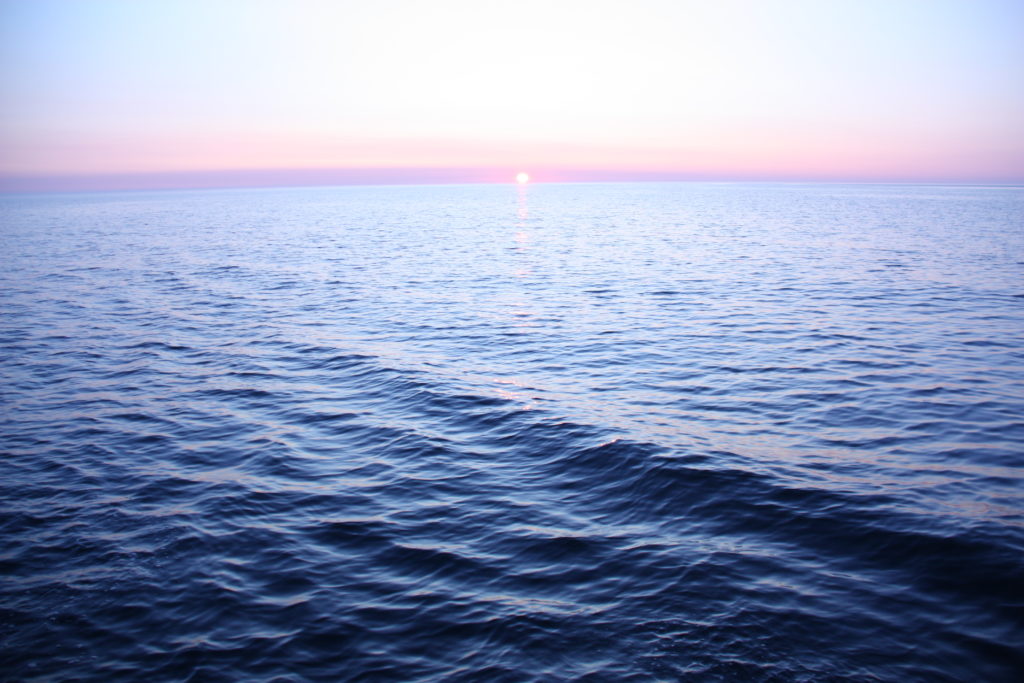
Today, March 18, marks one year since we lost our dear friend Johnny. He was a big part of my life in Hong Kong, a sort of big brother figure, and every one of the last 365 days has held some reminder, big or small, of his absence. I’ve picked up the phone to call him for advice on how to fix something on my boat, then set the phone back down with an empty feeling. I’ve seen things online and thought,”Johnny would get a kick out of this.” I’ve given a silent toast to him with every rum and coke. Here’s the man we miss:
Johnny Philips was born on August 3, 1948 to Reg and Olive Phillips. His childhood was spent in Birkenhead, England, near Liverpool, where he grew into a renaissance man. Johnny could build boats, and sail them well enough to win national championships. He was a second dan black belt in taekwando, and wasn’t afraid to use it. We’re told he could play the drums and guitar, although not many of us ever heard him do so. He could grow vegetables, and cook a square meal. He always had an eye for the ladies, and a joke for the boys. But above all, Johnny was a teacher, a storyteller and a friend to many.
Johnny had a long and storied career in theatre as a set construction manager, including jobs at the Royal National Theatre, the BBC, and the Guildhall School of Music and Drama. He also built stage works for some of the best rock acts of the 1960s and 70s.
Johnny came to Hong Kong in 2004, to teach his craft at the Hong Kong Academy of Performing Arts. He was hugely popular with his students, and he has left a great legacy in the many people he patiently taught how to turn wood, weld various metals, work with fibreglass, and a million little tricks to make the job go more smoothly. I can just hear him now, saying something like, “Just add a squirt of washing up liquid and it will work much better.” Johnny was all-knowing when it came to working with these materials. And his students were a very bright light in his life, he talked about them often. The beautiful urn that holds his remains was hand made by one of his students.
This being Johnny, a man of eclectic talents, he also turned his hand to crafting orthopaedic devices, training working dogs, and skippering a 56 foot ketch up and down the coast of Scotland — that skippering job generated a lot of stories for him.
Sailing, or just messing around in boats, was how many of us in Hong Kong came to know Johnny. The pinnacle of his sailing career was winning the British nationals in an A-class catamaran he built with his own hands. Here in Hong Kong, he was a fixture aboard the racing boat Authority. But Johnny wasn’t just sailing. He was teaching knots and silly tricks, fixing bits before they broke, and telling stories — often the same stories, again and again. And Johnny was enthusiastic in drinking a few rums when the sails came down.
Johnny was also a passionate fisherman, taking his boat Fish’n Chips out to the Nine Pins, the oil rigs, the Sokos, anywhere he thought he could find fish. And he’d find them, and catch them, even when no one else on the boat was getting a bite.
That’s the Johnny we all came to know and love. Talented. Teaching. A ready smile and a twinkle in his bright blue eyes. A magical craftsman working in a myriad of materials. Always a fishing story or sailing tale to tell. Johnny was an incredibly private man, despite his love of conversation. A bit ornery, sometimes downright annoying, but a man who left a legacy bigger than himself.
Johnny Phillips left us early in the morning on March 18, 2021, aged 72 years old. He was predeceased by his parents, and his older sister Jane. Left behind to mourn his passing are his wife Lovilla, and a legion of friends around the globe.
Rest in peace, dear Johnny.

 Follow
Follow
